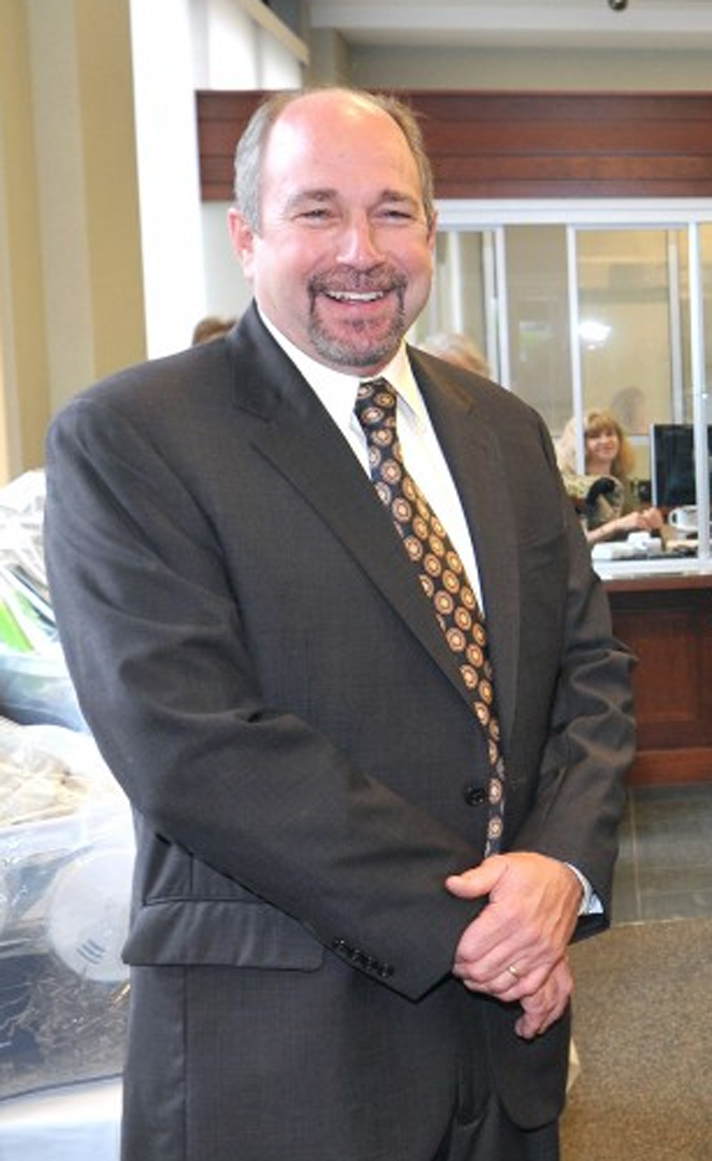WESTFIELD – The Westfield Gas & Electric Department is anticipating another challenging winter season, but is also taking steps to buffer consumers from sharp increases in the cost of gas and electricity.
Investor-owned utilities, both gas and electric, are preparing by seeking rate increases to offset the higher cost of power. The Western Massachusetts Electric Company (WMECO) has requested the state Department of Public Utilities to approve a 29 percent rate increase due to a shortage of natural gas used to generate most of the region’s electrical power. National Grid’s rate increase of 37 percent went into effect on Nov. 1.
While regional electrical power companies are seeking rate increases, natural gas companies are also instituting moratoriums on accepting new customers because the gas distribution pipeline system is incapable of providing a sufficient supply into the New England region, despite an abundance of natural gas nationwide.
The lack of natural gas delivery capacity is also putting the region at an economic disadvantage as the delivery price of natural gas spikes during cold weather, making it many times the cost of the commodity in other regions of the country.
The regions reliance on natural gas for electrical generation means that those gas delivery price hikes are directly reflected in higher electrical rates.
General Manager Dan Howard said that the WG&E will not see any decrease in its gas supply because the city is served by two gas lateral lines, the Southwick Lateral line bringing gas into the southern area of the city, and the Northampton Lateral which brings gas into the northern area of the city. Both of those supply lines are linked by gas line loops.
Howard said the department also “hedges” both its electric and natural gas supplies through contracts, as opposed to purchasing those commodities on the spot market.
The Municipal Light Board discussed another element of buffering consumers Wednesday night – the department’s reserve fund for both the electric and gas divisions. The gas reserve funds were used to stabilize consumer rates two years ago when the volatility in that market pushed prices up tenfold.
The department also established the reserve funds at the suggestion of the department bond agency Moody’s, which recommended that it have sufficient operating funds for four months.
Moody’s recommended a target of $35 million for the electric division and $7.5 million for the gas division, a number that was recently revised by Moody’s to address the gas market volatility. The department currently has $24,185,193 in the electric reserve account and $3,006,928 in the gas reserve fund.
“We have yet to draw from either fund this year,” Howard said. “These reserve accounts are there so we don’t have to raise rates after a bad year and because of the challenging markets now in place.”
The MLB has set a policy of making a $25,000 monthly payment, which is augmented by interest earned by the two accounts. The electric reserve account is earning between $11,000 and $12,000 a month, while the smaller gas reserve account currently earns monthly interest between $1,500 and $1,600.
The department also has a third reserve account, a capital project reserve fund, which is used to finance major, and often non-programmed, projects related to state and federal infrastructure improvement projects.
The department identifies a five-year capital plan, and funding for that work. The plan often does not include those governmental projects, such as recent improvements to Main, Broad and Elm Streets, as well as the Great River Bridge construction and rehabilitation work, and currently the Route 187 improvement
The department has been requested to move utility poles and power lines, work paid in the current year with reimbursements coming in the following fiscal year. Those payments are kept in reserve for future unanticipated infrastructure improvements.
“Those major projects have to be paid up front,” Howard said. “So we spend that money in the current budget, and then get the state and federal funding the following year.”
Howard said that without the reserve fund the projects in the five-year capital plan would have to be deferred. Many of the programmed improvement, such as replacing iron gas lines, are mandated by the state DPU.


